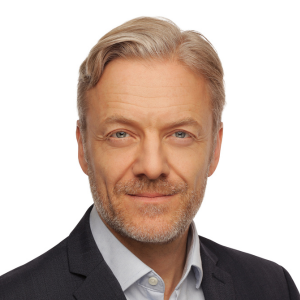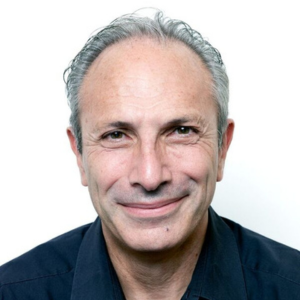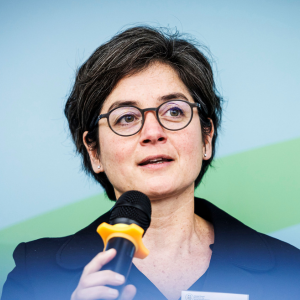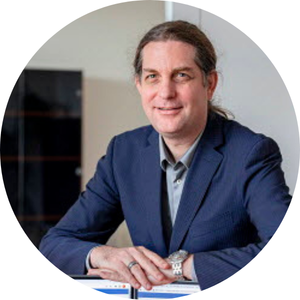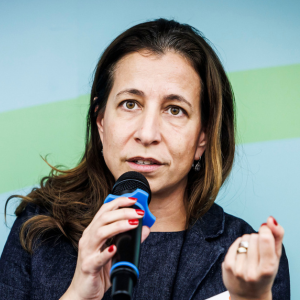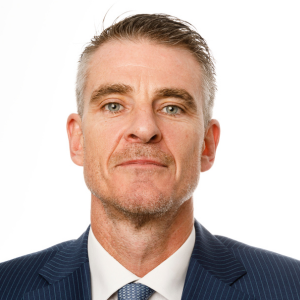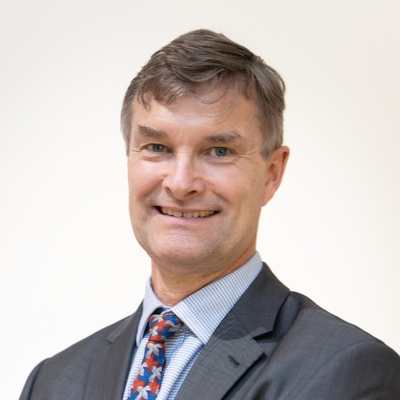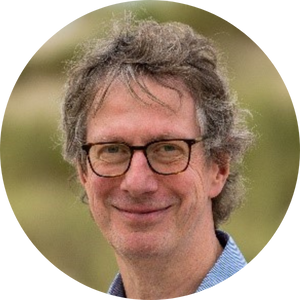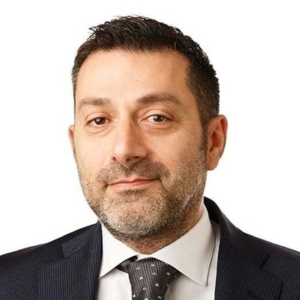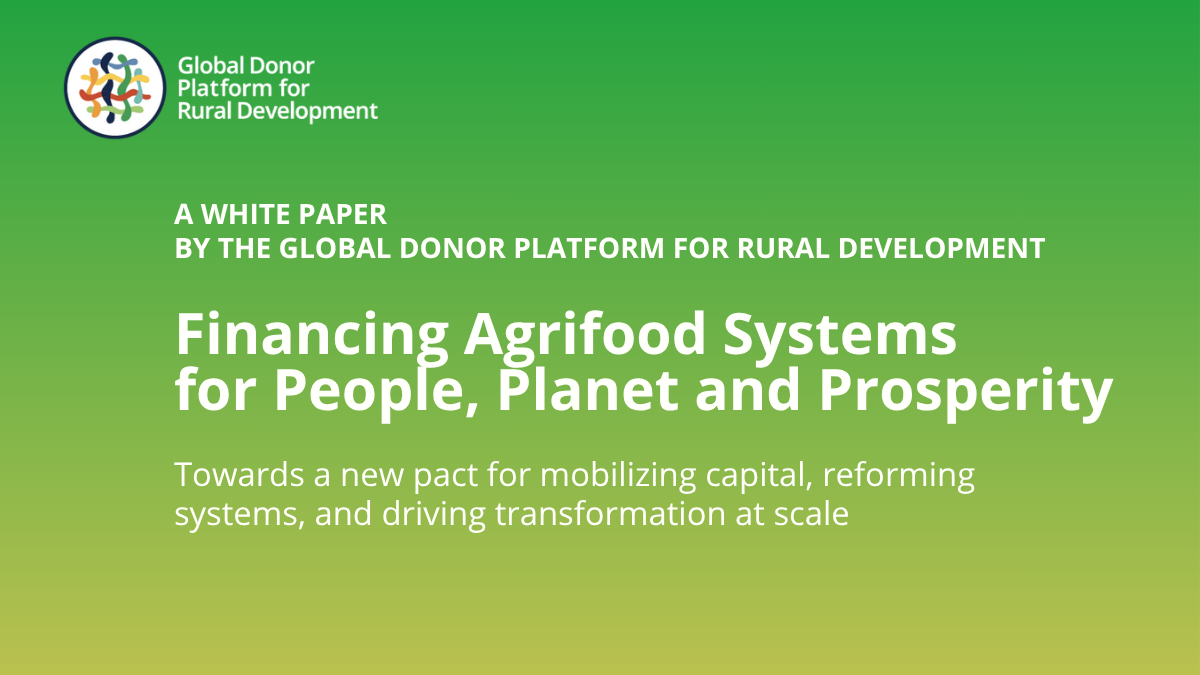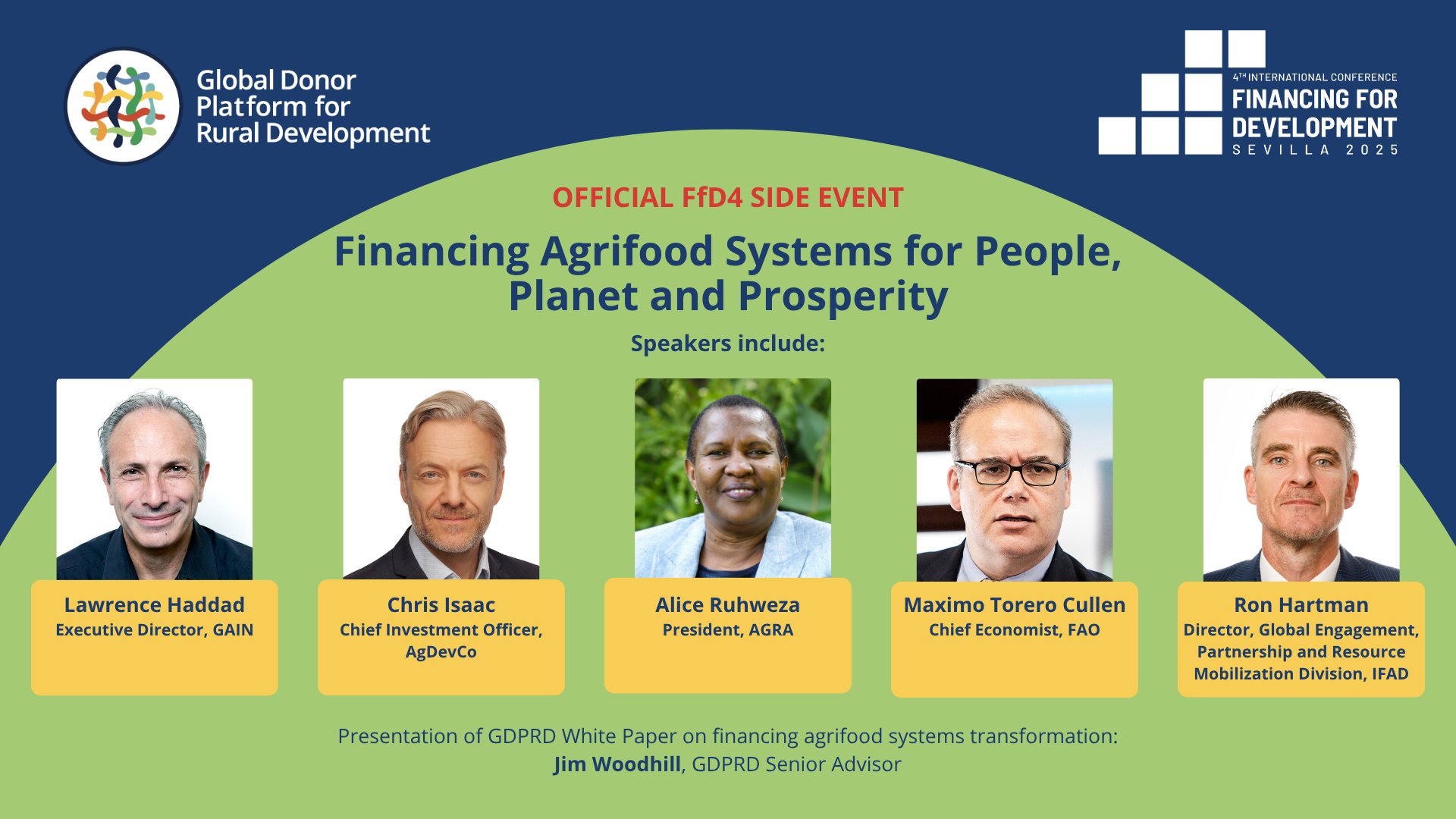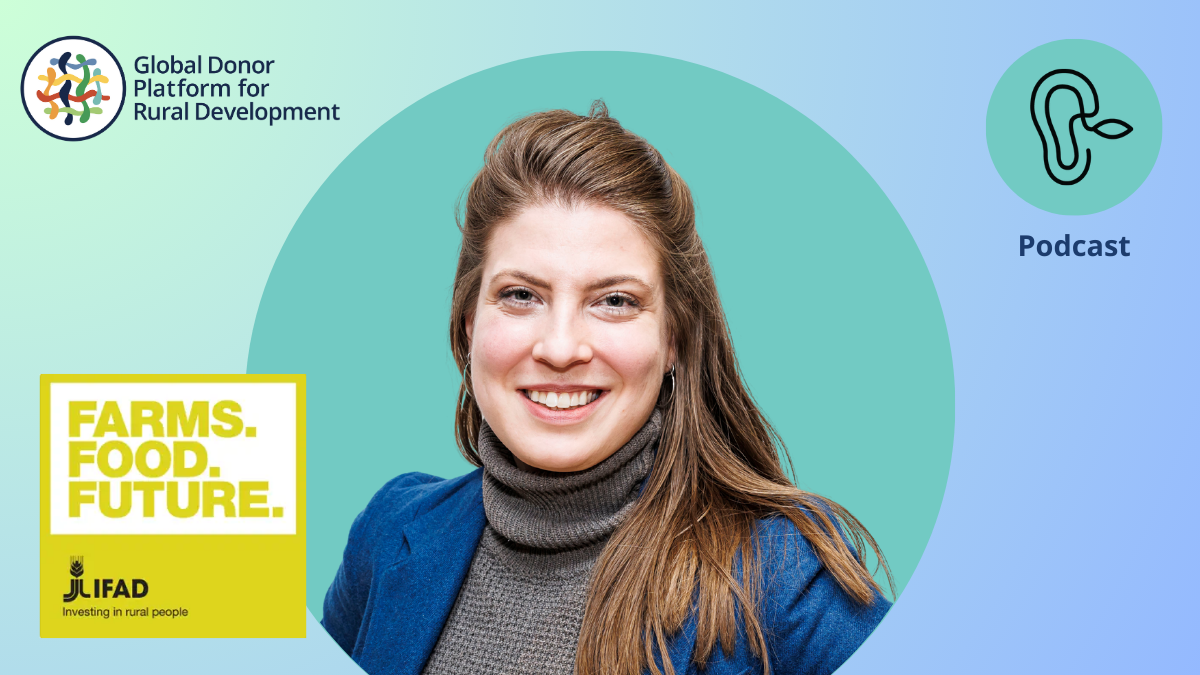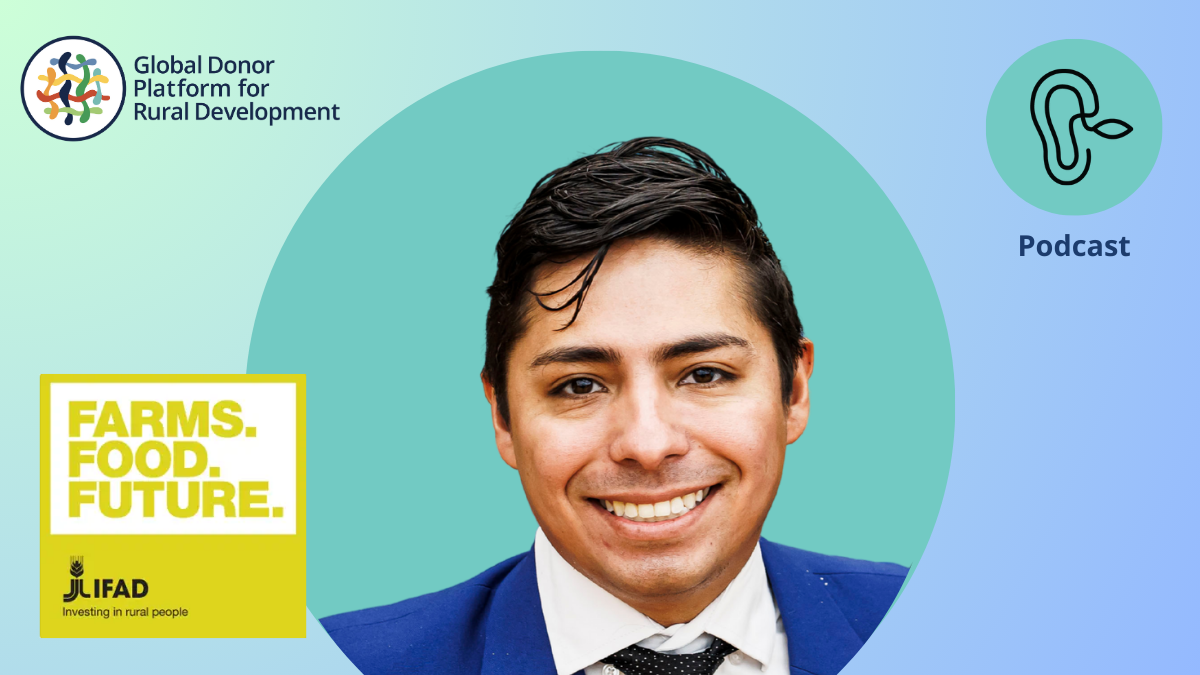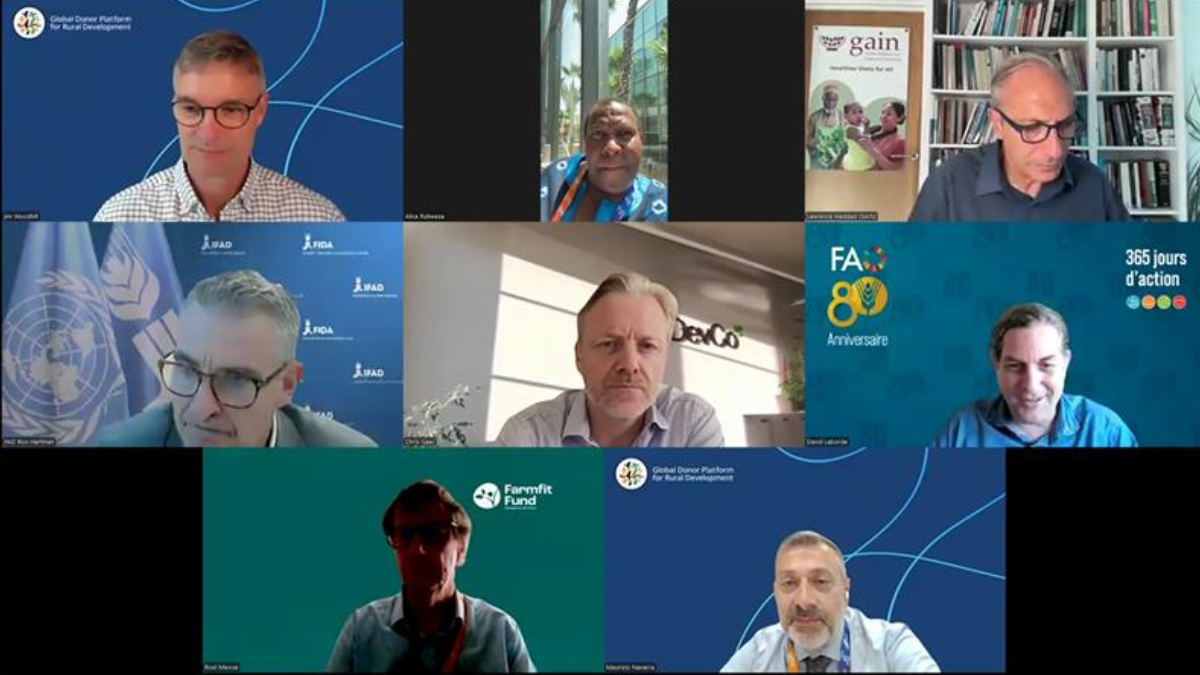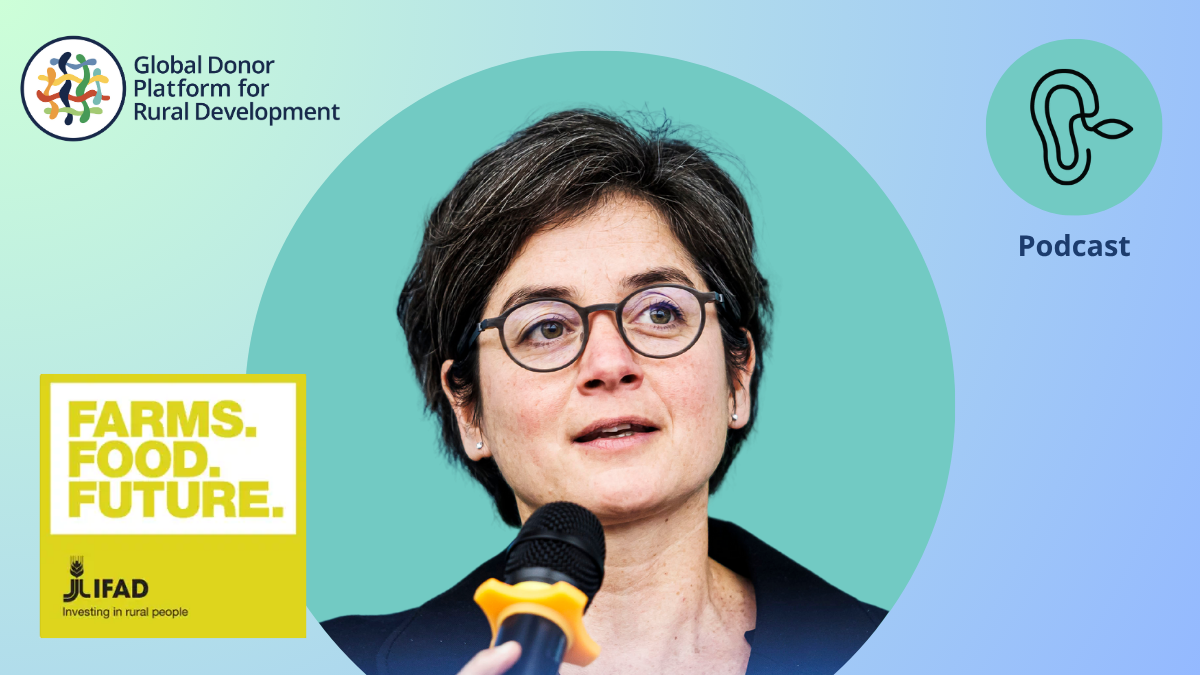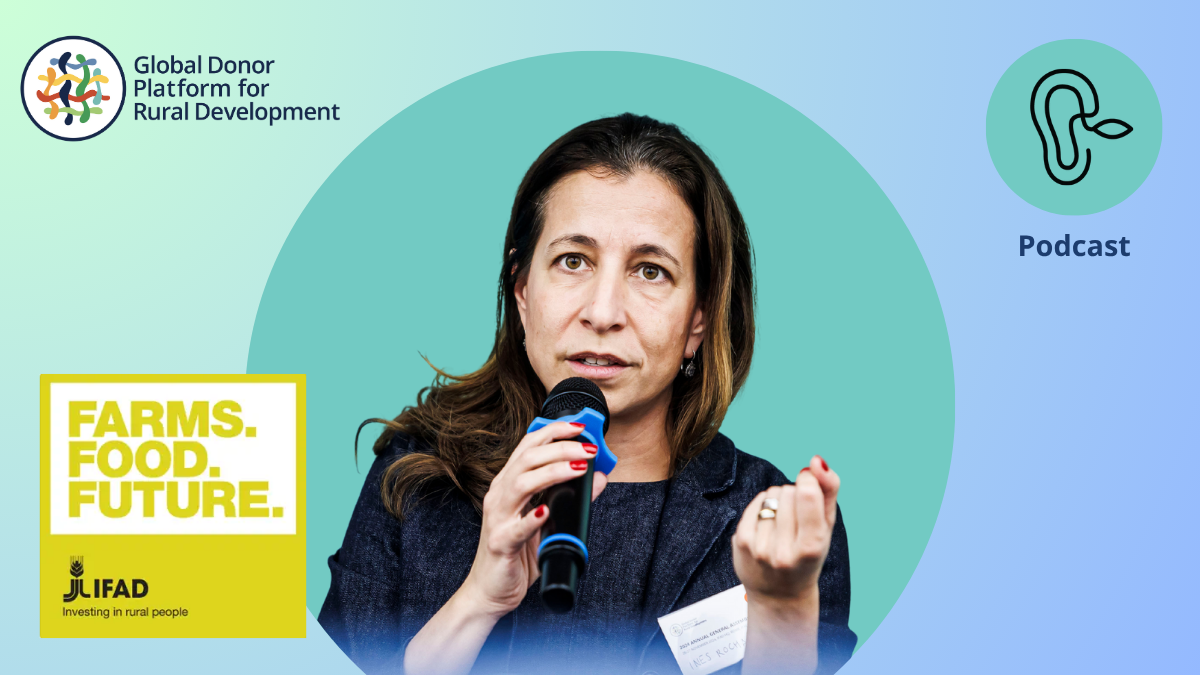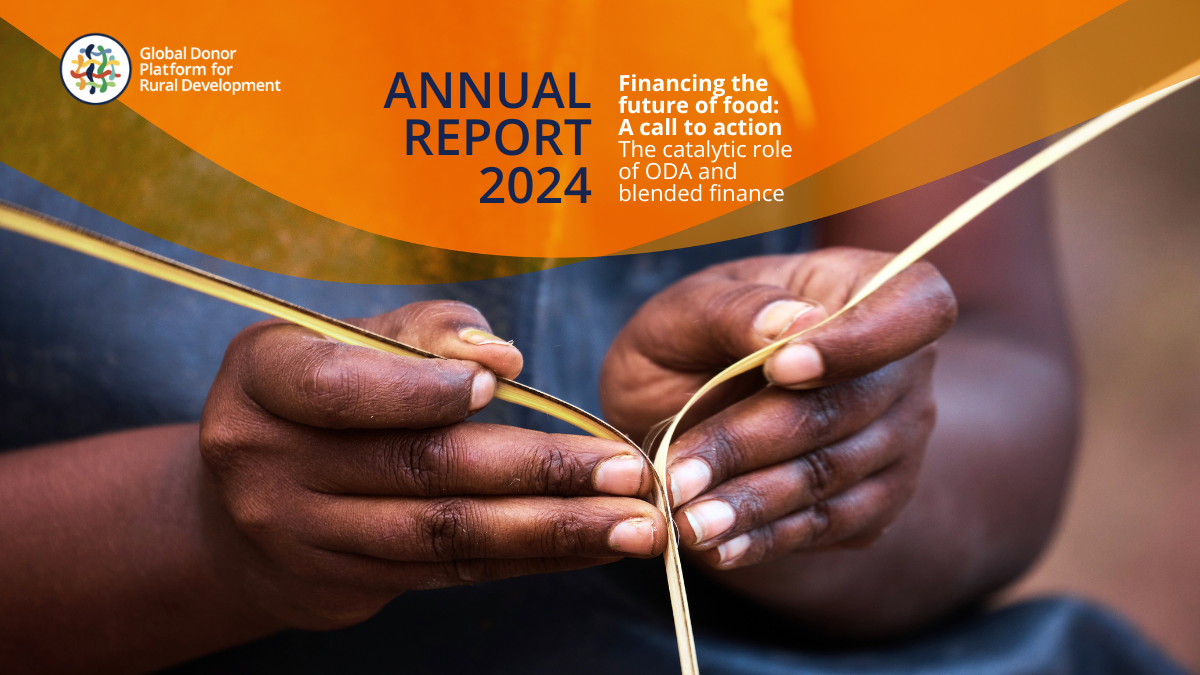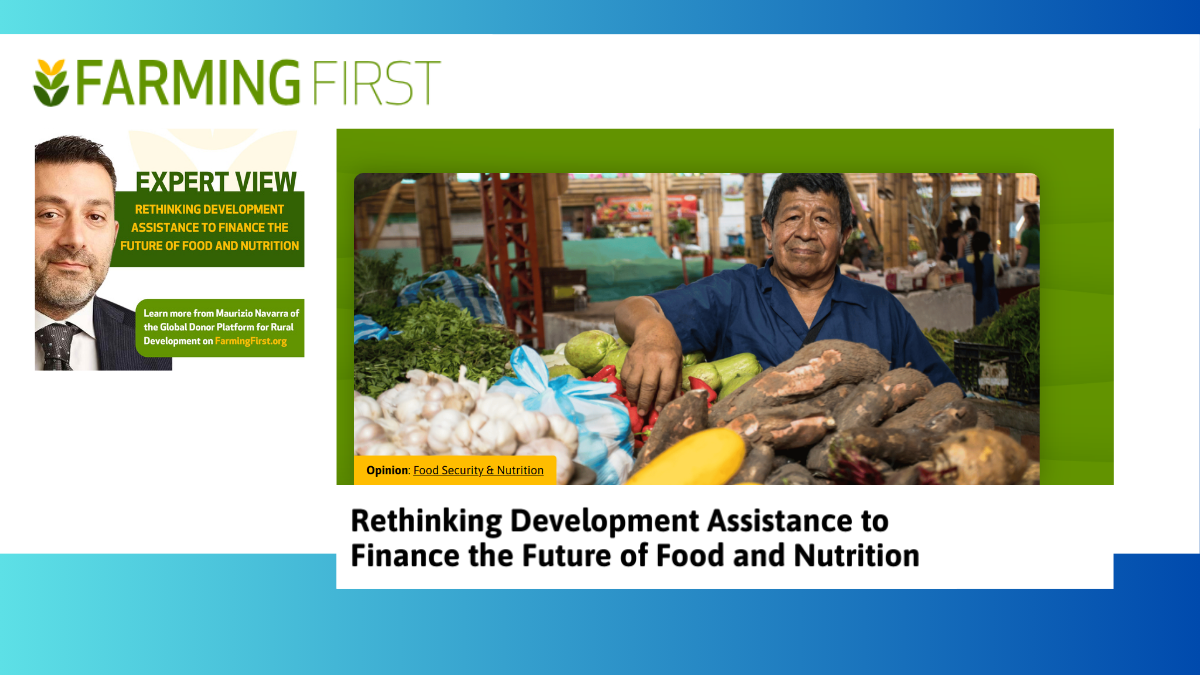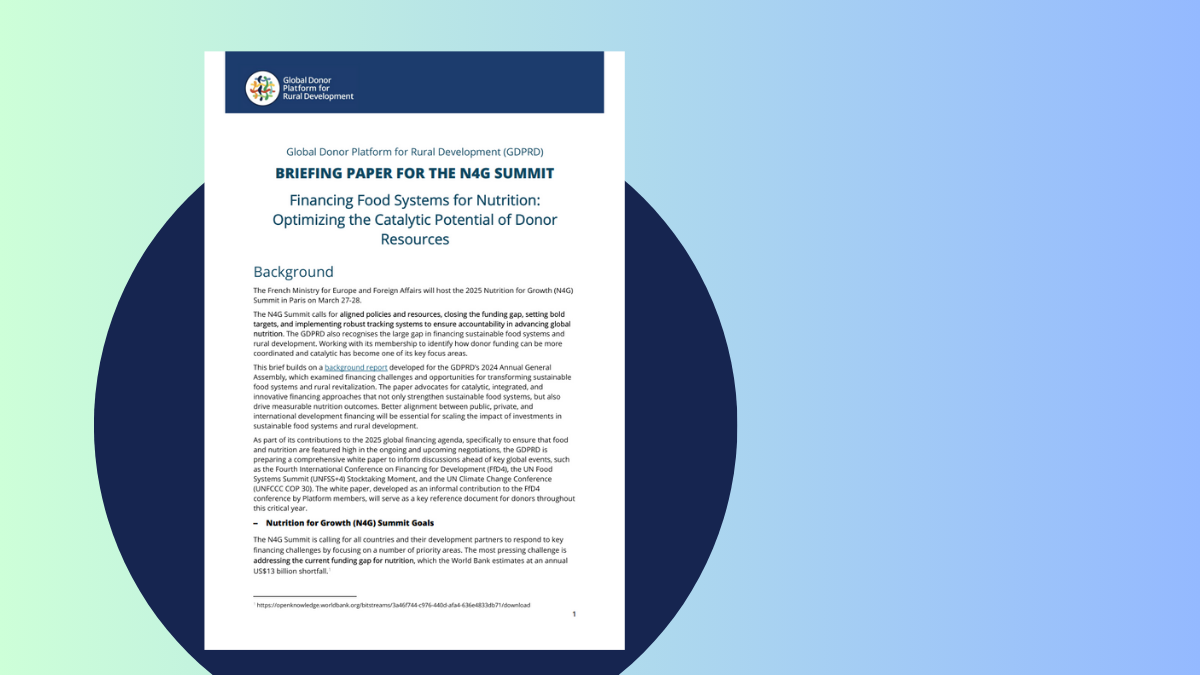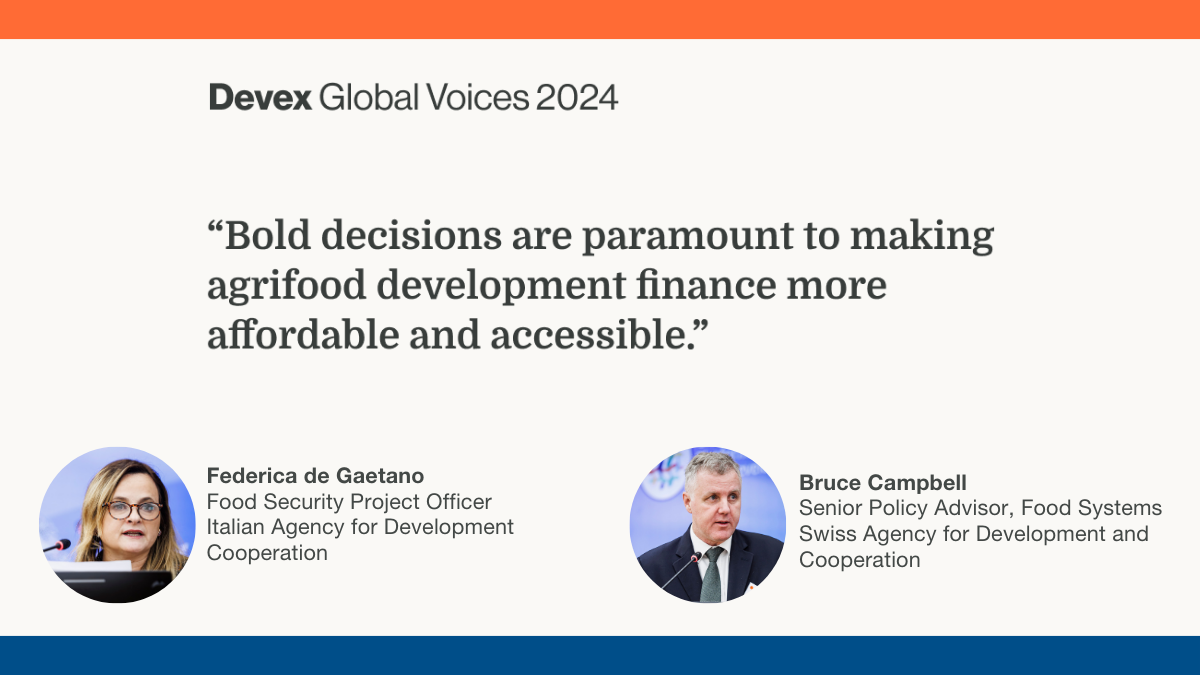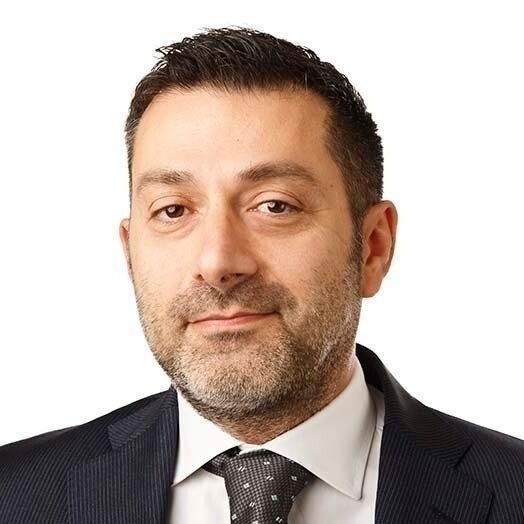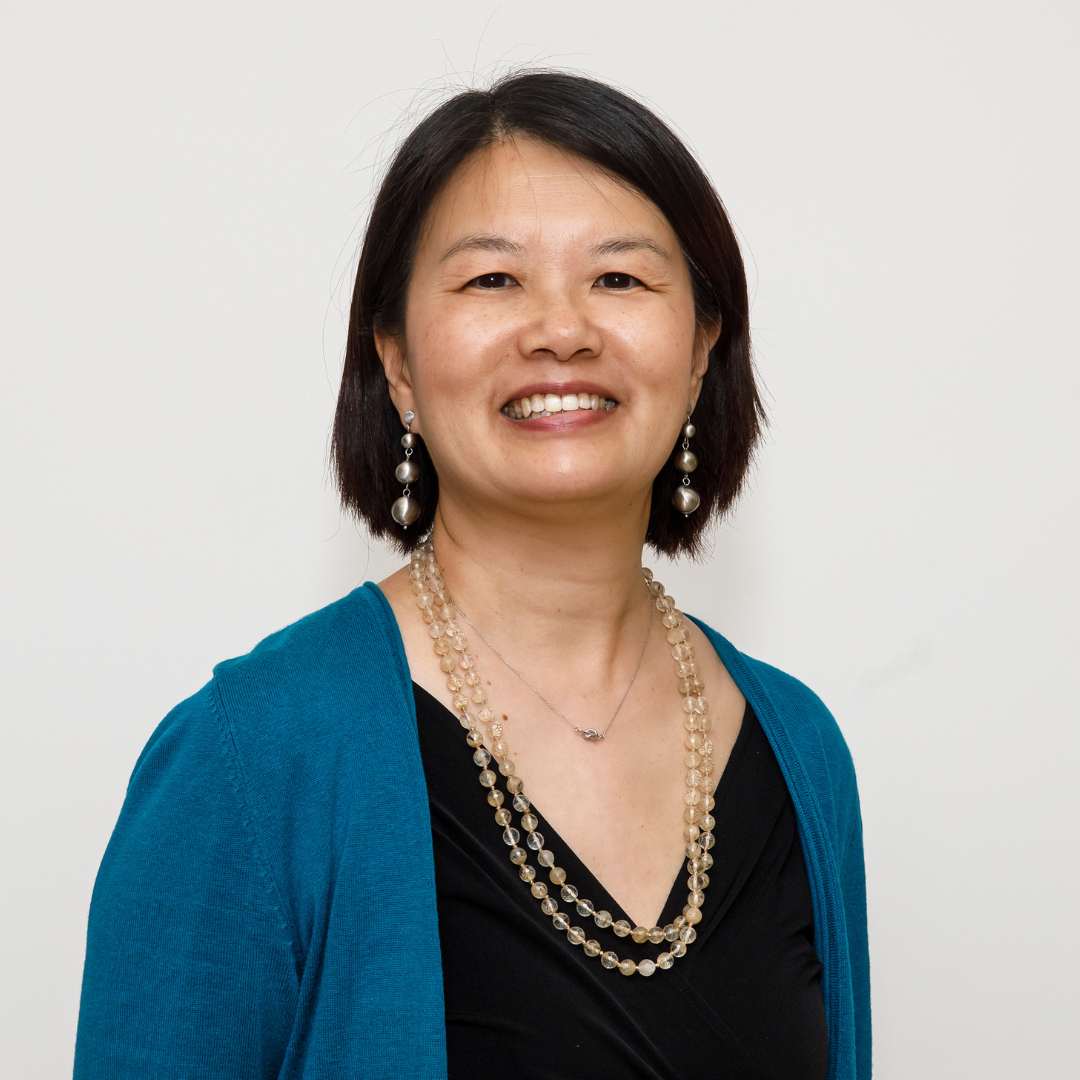Workstreams
Catalysing finance for food systems transformation
In today’s complex and fast-changing global environment, the role of public and private finance in food systems has never been more critical. Amid growing food insecurity, economic volatility, and evolving donor priorities, traditional development financing alone is no longer sufficient to meet the scale of the challenge.
Building on previous work to unlock the catalytic potential of public and private financing, this workstream focuses on making development finance more effective, coordinated, and fit for purpose.
By promoting the strategic use of donor resources and unlocking new forms of capital, particularly through blended finance, the Platform aims to ensure that agriculture, rural development, and food security remain at the centre of global financing discussions.
Workstreams
Advancing financing for food: Efficiency, innovation and impact
Building on previous work to unlock the catalytic potential of public donor and private financing, this new workstream explores how development finance can become more effective, efficient and aligned with today’s global challenges.
Why we engage
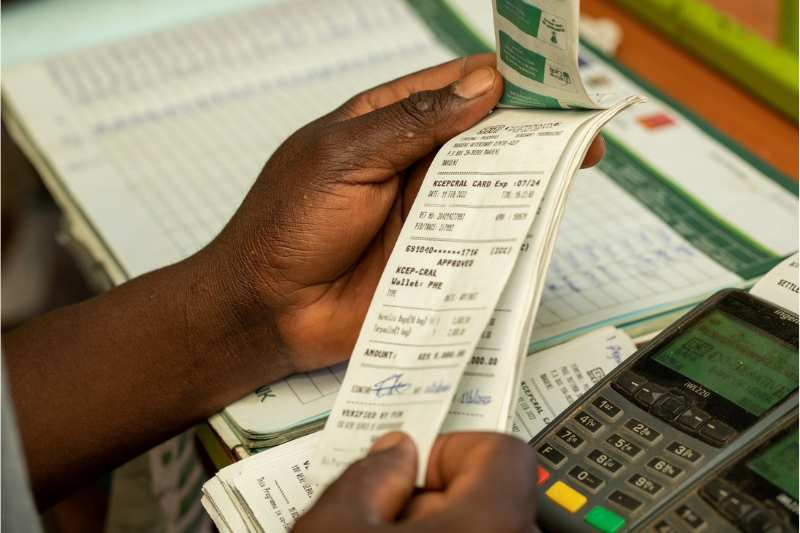
With donor priorities shifting and growing global economic uncertainties, financing for agriculture and rural development is becoming increasingly fragmented.
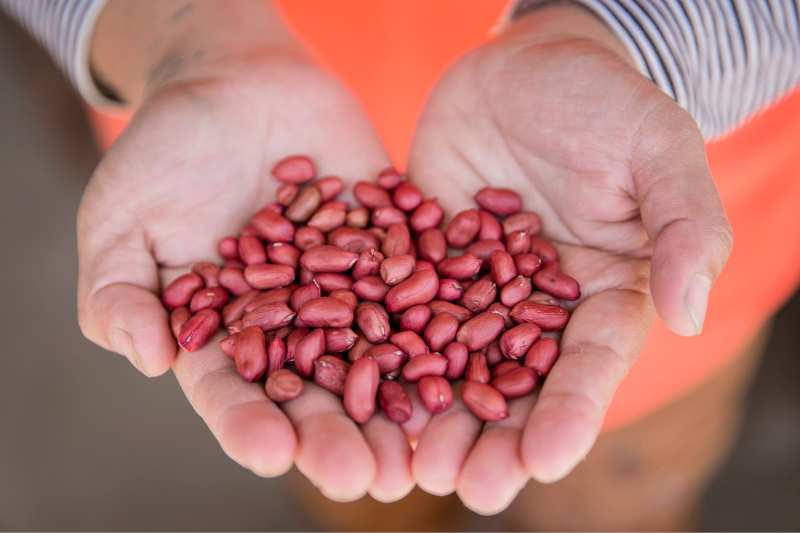
In the face of these challenges, we work to ensure that agriculture, rural development and food security remain central to global discussions, alongside climate resilience and sustainable economic growth.
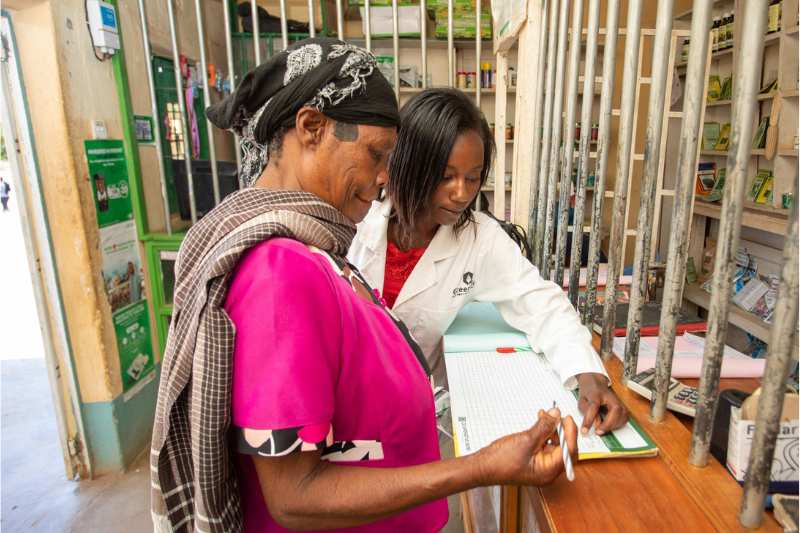
We promote stronger donor coordination to reduce duplication, increase efficiency, and strengthen financial tracking and reporting mechanisms through the exchange of best practices.
The Global Donor Platform for Rural Development (GDPRD) stands ready to lead this next phase to collectively advance smarter, more resilient and inclusive financing models to deliver on prosperity, security, sustainability and resilience.
By strengthening collaboration among donors, the workstream focuses on four strategic pillars: improving donor coordination to reduce fragmentation and duplication; increasing accountability through stronger financial tracking; fostering innovation and private sector engagement in fragile contexts; and promoting value for money in a shrinking funding environment.
A High-Level Advisory Group was convened to develop a White Paper, providing forward-looking recommendations to position agrifood systems high on the strategic investment agenda and to mobilize capital for transforming these systems at scale.
The narrative must change: Investing in the agrifood sector is not just about coping with crises or responding to food insecurity. It is a driver of opportunity, growth and long-term value.

